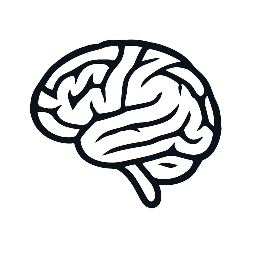In recent years, healthcare has witnessed a significant shift towards personalised medicine, with individualised therapies at the forefront of this transformation. Unlike traditional one-size-fits-all treatments, individualised therapies are tailored to each patient’s unique genetic, environmental, and lifestyle factors. This approach promises to enhance treatment efficacy, reduce side effects, and improve patient outcomes.
What Are Individualised Therapies?
Individualised therapies, or personalised or precision therapies, involve customising medical treatment based on an individual’s specific characteristics. These characteristics include genetic makeup, biomarker profiles, disease subtype, and other personal health data. By leveraging advances in genomics, proteomics, and bioinformatics, healthcare providers can design targeted interventions that more effectively address the root causes of disease.
The Impact on Patient Care
- Improved Treatment Efficacy: Individualised treatments tend to be more effective by targeting therapies to the molecular and genetic basis of a disease. For example, certain cancer therapies target specific genetic mutations found only in the patient’s tumour cells, leading to better responses than conventional chemotherapy.
- Reduced Side Effects: Traditional treatments often affect healthy cells alongside diseased ones, causing adverse side effects. Individualised therapies aim to minimise this collateral damage by focusing treatment on the affected cells or pathways, thus improving the patient’s quality of life during and after treatment.
- Early Detection and Prevention: Personalised medicine also plays a role in disease prevention. Genetic screening can identify high-risk individuals for certain conditions, allowing for early interventions that may delay or prevent disease onset.
- Cost-Effectiveness: Although individualised therapies can be expensive initially, they may reduce long-term healthcare expenses by avoiding ineffective treatments, hospitalisations, and complications.
Challenges and Considerations
Despite the promising benefits, several challenges remain in implementing individualised therapies widely:
- Accessibility: Advanced diagnostics and treatments may not be available or affordable in all regions, leading to disparities in healthcare.
- Data Privacy: Maintaining patient trust is crucial to managing and protecting sensitive genetic and health data.
- Ethical Issues: Decisions about who receives personalised treatments and how to use genetic information raise critical ethical questions.
- Regulatory Hurdles: Personalised therapies often require new regulatory frameworks to ensure safety and efficacy.
Future Directions
With ongoing research and technological advancements, the future of individualized therapies looks promising. Integrating artificial intelligence and machine learning can enhance data analysis, leading to more precise treatment recommendations. Additionally, expanding genomic databases and improving patient education will support broader adoption of personalised medicine.
Conclusion
Individualised therapies represent a paradigm shift in healthcare, offering the potential for more effective, safer, and patient-centred treatments. Understanding their impact helps patients, providers, and policymakers make informed decisions to harness the full benefits of this innovative approach. As science continues to evolve, individualised therapies are poised to become a cornerstone of modern medicine.




Leave a Reply